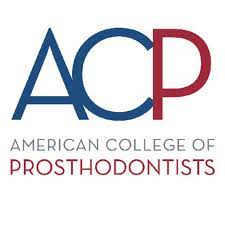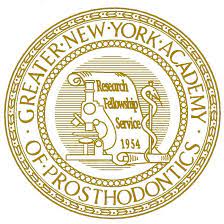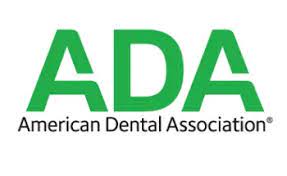Missing teeth are more than an aesthetic concern; they make it harder to eat, speak, and feel confident in your smile, seriously impacting your quality of life—you probably know that better than anyone. People with missing teeth often visit the dentist in Coral Gables, FL, looking for options to restore their smile. However, it’s important to consider your options in detail before opting for one.
A dental bridge is a common solution that dentists recommend, made of a fixed dental prosthetic that "bridges" the gap between two natural teeth. While they have been around for decades and are generally effective, they are not ideal for everyone. To decide whether or not a dental bridge is right for you, it’s important to ask yourself some key questions.

A dental bridge is a fixed dental restoration used to replace one or more missing teeth. There are four main types of dental bridges:
Dental bridges are a simple and effective method of restoring your smile and confidence. By filling in any available space, they prevent the shifting of remaining teeth and help maintain your facial structure. Moreover, they’re fixed in place (that is, non-removable), so they feel more natural than dentures.
Many people can benefit greatly from a dental bridge, which provides both a natural appearance and restored function. However, they’re not for everyone. By asking yourself the appropriate questions and talking with your dentist about your answers, you can decide if a bridge is the best option for your smile.
The best candidates for dental bridges are those who have lost one to three consecutive teeth. If you need to replace an entire arch or several non-adjacent missing teeth, you may be better off with partial or complete dentures or dental implants.
Understanding the scope of your tooth loss helps guide the best restorative approach.
Because they will be reshaped to anchor the bridge, the teeth on either side of the gap—known as the abutment teeth—must be strong and healthy for traditional dental bridges. If the teeth are decayed, broken, or heavily restored, they may not support a bridge. In that case, you may consider implant-supported bridges or other options.
To place a dental bridge, the adjacent teeth may need to be filed down to accommodate crowns. This process is irreversible. If your neighboring teeth are in good shape, you may be hesitant to have them altered. A dental implant, which doesn't require altering nearby teeth, might be a better option in these situations.
Cost is a major factor in dental care decisions. For many patients, dental bridges are a more accessible option because they are frequently less expensive up front than implants.
However, they may need to be replaced every 10–15 years, which can add up over time. Verify if your dental insurance covers bridges and weigh the costs against the costs of other procedures.
For some, a permanent, non-removable tooth replacement is preferable. Unlike a removable partial denture, a bridge is fixed in place and does not come out. If you're looking for a stable, low-maintenance solution, a dental bridge might be your style.
Dental bridges are strong and, with proper maintenance, can last for more than ten years, but they typically don't last as long as dental implants, which can last for twenty years or longer.
In the long run, an implant might be a better investment if you're looking for a very long-term solution, have the money, and have the required bone support.
Maintaining good oral hygiene is essential when it comes to dental bridges. If not cleaned properly, food particles can get trapped beneath the bridge and cause gum disease or decay.
You have a better chance of keeping your bridge in good shape if you're dedicated to brushing and flossing every day (especially with tools made specifically for cleaning bridges) and going to the dentist regularly.
Certain medical conditions, such as uncontrolled diabetes or autoimmune disorders, may impact your mouth's ability to heal and react to dental procedures. Although they might affect the kind of bridge you can get or whether an implant is a better or worse option, these conditions don't necessarily preclude you from getting a dental bridge.
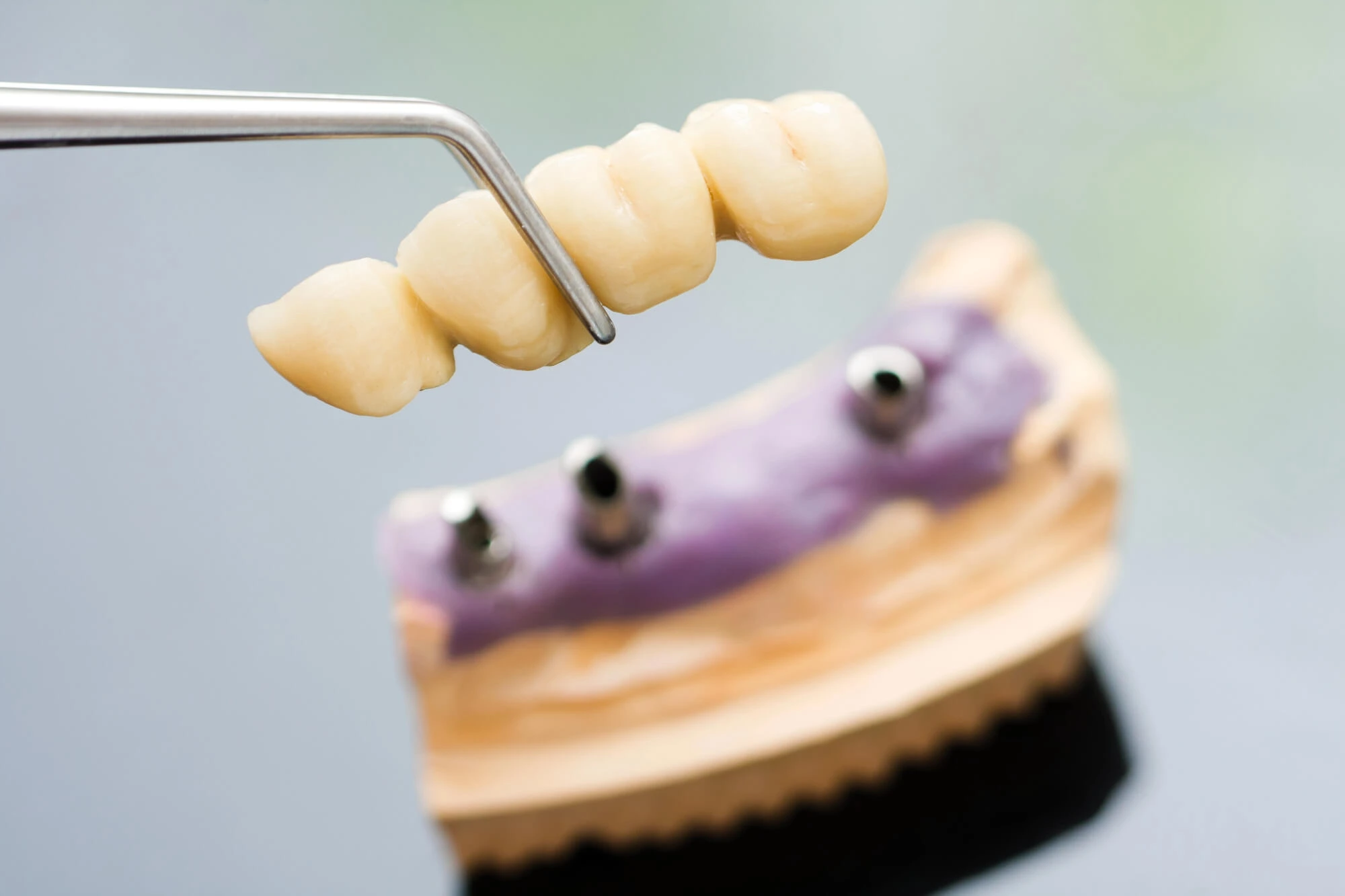
When a tooth is lost, the jawbone in that area can begin to deteriorate. While this doesn’t prevent you from getting a traditional bridge (since it doesn’t require bone integration like an implant does), it’s something to consider.
Significant bone loss may compromise the stability or fit of specific bridge types or complicate implants without a bone graft.
Bridges can restore your smile and look very natural, especially if made of zirconia or porcelain, two premium materials. A dental bridge can boost your self-esteem and appearance if you value your teeth's appearance for personal or professional reasons.
Talk to your dentist about your cosmetic objectives to ensure you achieve the desired outcome.
As you can see, there are various factors to consider when deciding if dental bridges are the right choice for you. Luckily, modern dentistry offers a variety of alternatives that can restore your smile and function, depending on your needs, health, and budget.
If the answer to any of these questions didn’t satisfy you, some alternatives you can explore include:
Dental implants are often considered the gold standard for replacing missing teeth. The idea of implants is simple: they work by imitating your natural tooth’s structure.
Implants contain a titanium post that attaches to the jawbone like natural teeth do and a customized, natural-looking crown.
Because the implant fuses with the bone (a process called osseointegration), it offers unparalleled stability and durability. This allows you to enjoy all of your favorite foods easily for years to come. Moreover, implants don’t rely on neighboring teeth, which means no damage to otherwise healthy teeth.
Dentures are removable prosthetics that replace multiple missing teeth or a full arch of teeth. There are two main types:
They’re an affordable option compared to implants, allowing you to restore many teeth simultaneously. Moreover, they’re non-invasive (which means no surgery is required).
One downside is that dentures can feel bulky or uncomfortable initially, but with a few weeks of use and proper practice, you will quickly get used to them. Removing and cleaning your dentures daily is important to keep them in optimal shape.
Implant-supported dentures combine the stability of implants with the full-arch replacement of dentures. Instead of resting on the gums, these dentures are secured to 2–6 dental implants placed in the jaw, so they won’t shift or slip from your mouth as you eat and speak.
They can be removable (snap-in) or fixed (permanent). Implant-supported dentures also reduce the jawbone loss that happens after tooth loss, which helps prevent facial sagging and a more aged look. Additionally, they eliminate the need for denture adhesives.
When it comes to restorative dentistry, there’s no single option. Every patient is different, and the best choice for you depends on your oral health, lifestyle, and preferences. It’s important to find a dentist or prosthodontist who can listen to your opinion and explain in detail all the options available for you.
Collaboration with your dentist is the secret to a healthier smile.
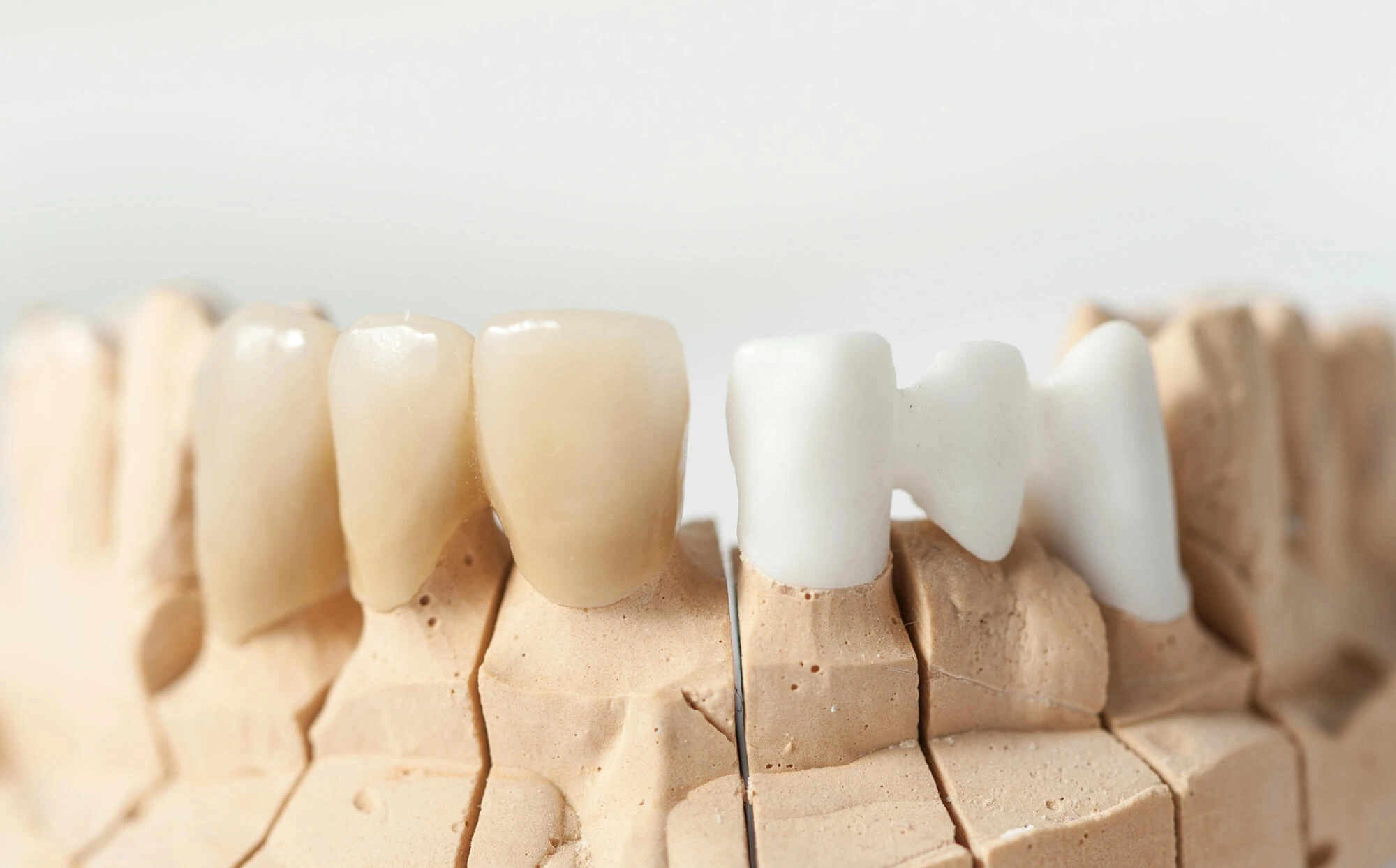
A dental bridge might seem appealing. Dental bridges offer functional and aesthetic benefits but are not the right choice for everyone.
By understanding this restorative option, you can determine whether this treatment matches your specific needs, lifestyle, and oral health condition. If you have any doubts, the team at Coral Gables Dentistry is here to help you decide. Contact us today, and let’s explore all available options together!
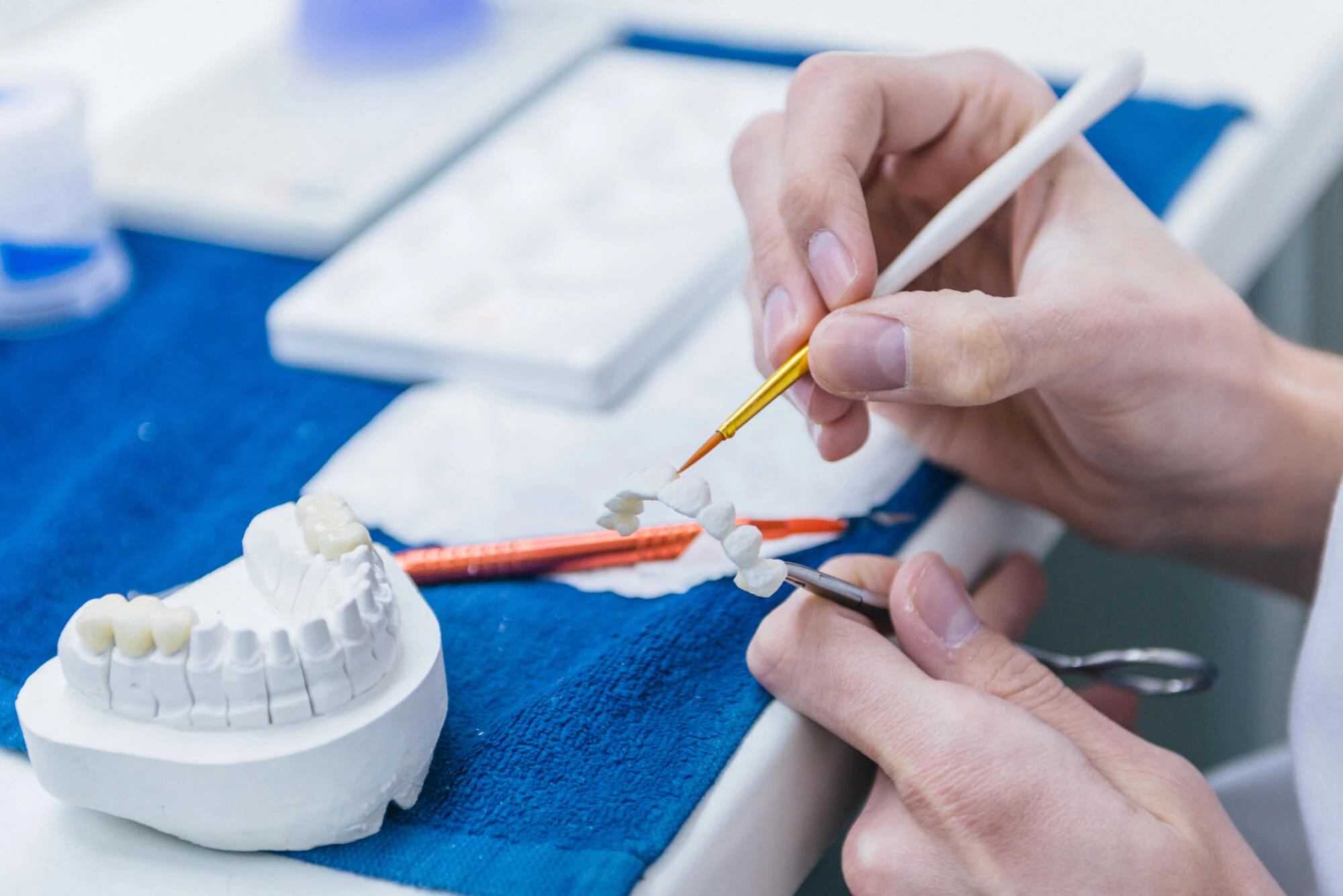
We value your time, so we always run on schedule, respecting your commitments, with no double bookings and minimal wait times. Experience dentistry like never before in our award-winning clinic.

